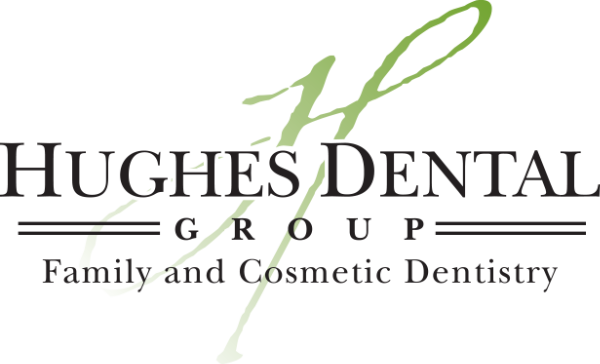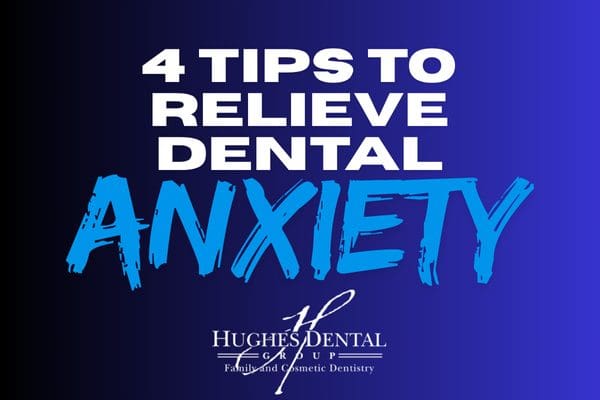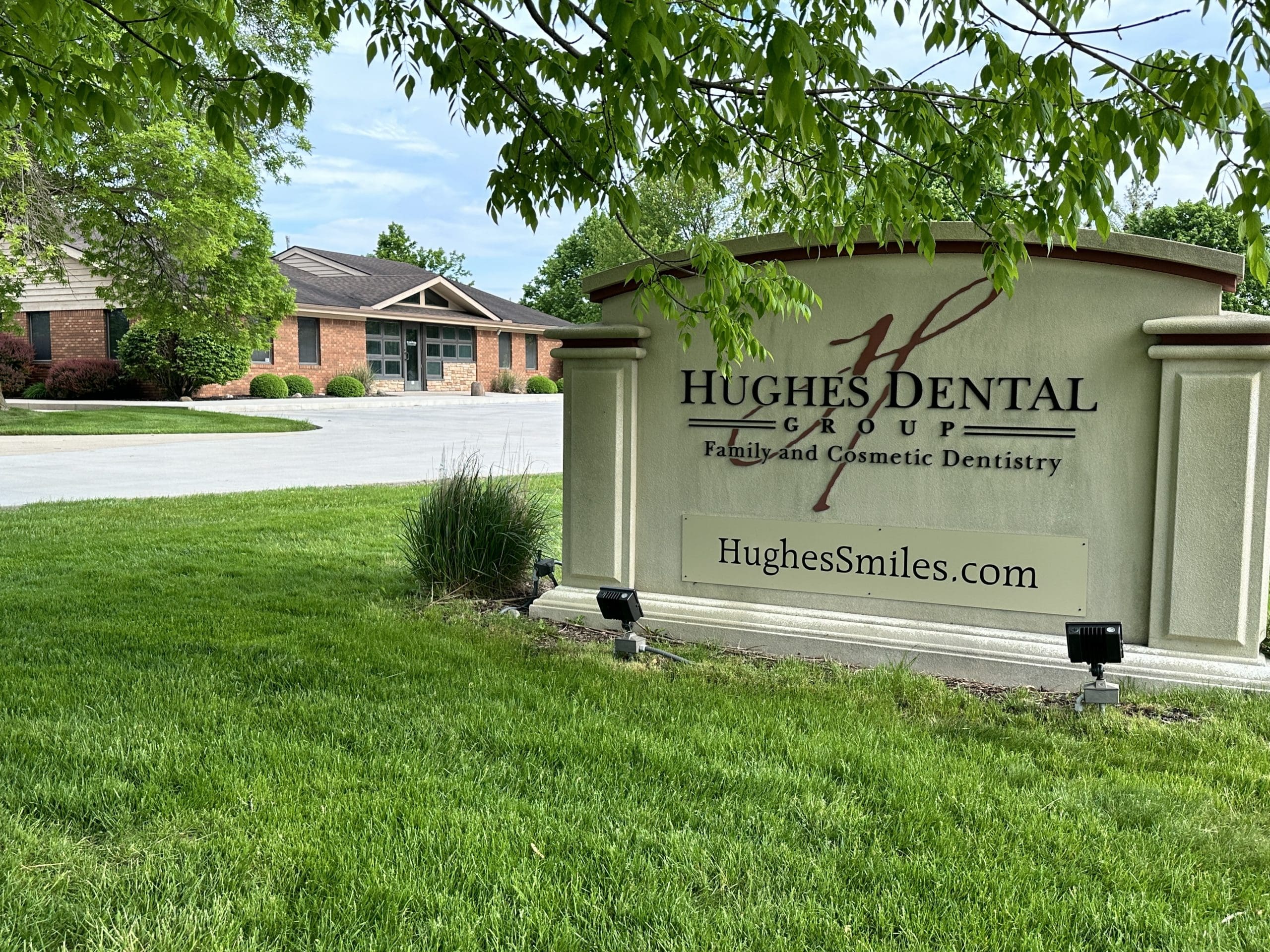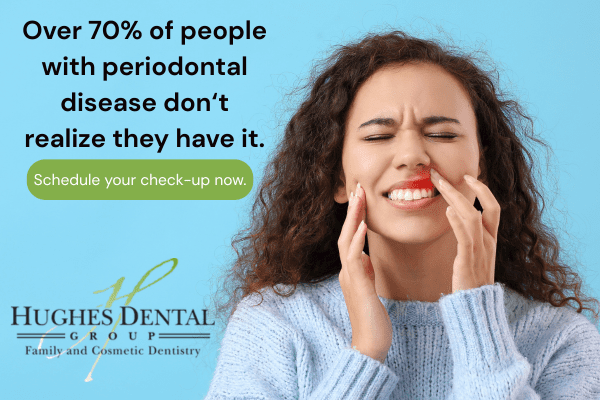Have you ever wondered about the benefits of oral cancer screening and why it’s considered crucial for your health? Oral cancer screenings are vital as they can detect early signs of cancer, which is essential for successful management. Early detection through these screenings generally allows for more treatment options and can significantly improve outcomes.
Benefits of Oral Cancer Screening: Early Detection of Oral Cancer
One of the primary benefits of oral cancer screening is its role in the early detection of oral cancer. Identifying cancerous changes in the mouth at an early stage is crucial because it significantly enhances the effectiveness of treatment. When oral cancer is detected early, the chances of successful management and cure are much higher compared to cases identified at a later stage. This early intervention can lead to better outcomes and a potentially higher survival rate.
Moreover, regular screenings can help track any changes in the oral cavity over time, allowing for immediate action if suspicious signs are detected. Understanding the Early Oral Cancer Signs You Should Know About can empower individuals to seek professional screening promptly. The benefits of oral cancer screening extend beyond just health; they also provide peace of mind by ensuring that any anomalies are caught before they develop into more serious conditions.
Improved Survival Rates
One of the key benefits of oral cancer screening is the potential for improved survival rates. Early detection of oral cancer significantly enhances the chances of successful treatment outcomes. When oral cancer is identified at an early stage, treatment can be less invasive and more effective, leading to higher survival rates. This underscores the importance of regular screenings as part of routine health checks.
Understanding the benefits of oral cancer screening can lead to more informed health decisions. Regular visits to healthcare providers for Comprehensive Oral Cancer Checks in Leo can be a crucial step in maintaining overall health and well-being.
Cost Effectiveness of Regular Screenings
One of the primary benefits of oral cancer screening is its cost-effectiveness. Regular screenings can help identify potential issues early, potentially reducing the need for more extensive and expensive treatments in the future. By catching oral cancer in its initial stages, the overall management and associated costs can be significantly minimized. This proactive approach not only supports better health outcomes but also contributes to more manageable healthcare expenses over time.
Psychological Benefits of Peace of Mind
One of the often-overlooked benefits of oral cancer screening is the psychological peace of mind it offers. Knowing that you are taking proactive steps to check for early signs of oral cancer can significantly reduce anxiety and stress related to health concerns. This mental relief is crucial, as it can enhance overall well-being and allow individuals to focus on other aspects of their lives without the constant worry about their health. Regular screenings are a part of maintaining health, and the reassurance that comes from clear results can be profoundly comforting.
For more information on the benefits of oral cancer screening, consider visiting Hughes Dental Group Family and Cosmetic Dentistry.
Impact on Overall Health
The benefits of oral cancer screening extend beyond the detection of cancer itself, influencing overall health significantly. Regular screenings can lead to early detection of oral cancer, which is crucial as it can prevent complications that might affect general health severely. By identifying potential issues early, individuals are more likely to avoid the broader systemic impacts that advanced oral cancer can have, thus maintaining better overall health and well-being. This proactive approach supports a healthier life trajectory, underscoring the importance of such screenings in routine health care practices.
Role in Preventing Disease Progression
One of the key benefits of oral cancer screening is its pivotal role in preventing disease progression. Early detection through regular screenings can identify precancerous conditions or cancer at an early stage when it is most treatable. This proactive approach not only increases the likelihood of successful treatment outcomes but also significantly reduces the complexity and severity of the treatment needed. By catching oral cancer early, screenings can effectively halt the progression of the disease, thereby enhancing patient survival rates and improving overall health outcomes. This makes regular oral cancer screenings an essential practice for maintaining long-term oral health.
Importance in Long-Term Health Planning
The benefits of oral cancer screening extend far beyond immediate health concerns, playing a crucial role in long-term health planning. Regular screenings can detect oral cancer early when it is most treatable, significantly increasing survival rates and reducing the risk of serious complications. By incorporating oral cancer screenings into your routine health check-ups, you not only safeguard your current health but also establish a proactive approach to managing your future well-being. This preventive measure ensures that any potential issues are addressed early on, helping to maintain your overall health and reduce future medical costs.
Enhancing Quality of Life
One of the primary benefits of oral cancer screening is its significant role in enhancing quality of life. Early detection through regular screenings can lead to more effective and less invasive treatment options, reducing the physical and emotional toll associated with more advanced stages of cancer. By catching oral cancer in its initial stages, patients not only have a higher survival rate but also face fewer complications and side effects from treatments, allowing them to maintain a better overall quality of life. This proactive approach ensures that individuals can continue to enjoy their daily activities and commitments with minimal disruption.
Contribution to Public Health Awareness
The benefits of oral cancer screening extend beyond individual health, significantly contributing to public health awareness. By promoting regular screenings, healthcare providers can educate the public on the importance of early detection and the potential risks associated with oral cancer. This proactive approach not only helps in reducing the prevalence of the disease but also encourages a healthier community. As more individuals understand and participate in these screenings, it raises collective awareness, potentially leading to earlier diagnosis, better outcomes, and a reduction in healthcare costs associated with late-stage treatments.
Conclusion
Understanding the benefits of oral cancer screening is crucial for maintaining overall health. To learn more, call us at 260-627-5345 or read our reviews on Google Maps.










